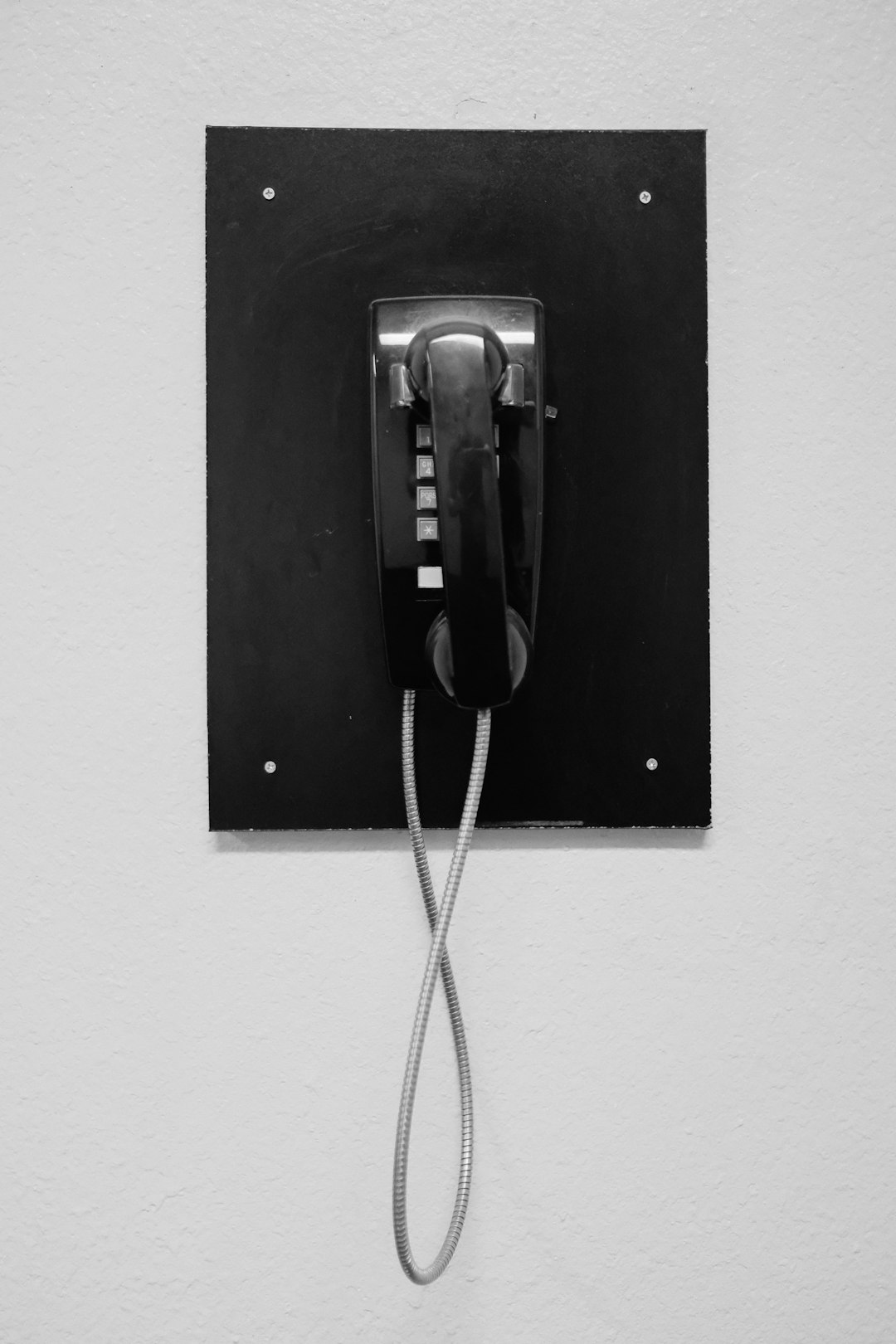Wilmington residents face evolving spam call scams, with scammers impersonating law firms and exploiting vulnerabilities. Spam call law firms in Delaware play a critical role in investigating and prosecuting these illicit activities. Residents are urged to stay informed about common scams, protect personal info, block calls using FTC tools, and report suspicious activity. Delaware's strict spam call laws offer legal protections, with the Delaware Department of Justice collaborating with law firms to enforce regulations against telemarketing fraud.
“Wilmington residents, be on guard! This article sheds light on the prevalent scam calls plaguing your community. From fraudulent law firm tactics to sophisticated deception, we expose the common themes and techniques employed by scammers targeting Delawareans. Understanding these scams is crucial for armed citizens. Learn effective identification and reporting strategies, and familiarize yourself with Delaware’s spam call laws for legal protection against these persistent threats.”
Understanding Wilmington's Scam Call Landscape

Wilmington, like many cities across the nation, has its fair share of scam calls targeting residents. These unwanted phone calls often pose a significant nuisance, but they can also be dangerous, as some scams aim to steal personal information or money. The landscape of scam calls in Wilmington is dynamic, with scammers constantly evolving their tactics to stay ahead of anti-fraud measures.
In Delaware, including Wilmington, the Spam Call Law firms play a crucial role in combating these illicit activities. These specialized legal teams work to protect consumers by investigating and prosecuting phone scam artists. By understanding the common types of scams circulating in Wilmington, residents can better arm themselves against potential threats, such as phishing attempts disguised as official government warnings or fake lottery wins. Staying informed and vigilant is key to keeping Wilmington’s residents safe from these deceptive practices.
Common Themes in Fraudulent Law Firm Calls

Fraudulent law firm calls targeting Wilmington residents often share several common themes. These calls typically pose as legitimate legal services, claiming to represent a renowned law firm or government agency. Scammers may use pressure tactics, urging recipients to take immediate action, such as providing sensitive personal information or signing documents over the phone. They often target specific demographics, preying on folks who might be vulnerable due to age, financial status, or lack of legal knowledge.
The conversations usually start with a vague introduction, followed by promises of helping the caller with some legal issue they’ve encountered. Scammers might claim that the resident has been involved in an accident, won a lawsuit, or inherited money from a distant relative. They may even feign association with local organizations or government bodies to gain trust and convince the victim to share their financial details or personal information for ‘further processing’.
Techniques Used by Scammers Targeting Delaware Residents

Scammers targeting Wilmington, DE residents often employ sophisticated techniques to deceive and exploit vulnerable individuals. One common strategy is impersonating government agencies or reputable organizations. They may call themselves from a law firm pretending to offer legal assistance or represent a federal agency, urging victims to act quickly to avoid perceived legal consequences. These con artists create a sense of urgency, threatening fines or legal action if the victim doesn’t comply and provide personal information.
Additionally, scammers use spam call tactics, making bulk calls with automated systems or pre-recorded messages that promote false investment opportunities, lottery wins, or free travel offers. They target specific demographics, including seniors, using emotional appeals and promises of easy money. Many also exploit the recent global events by posing as charity workers or health officials to gather personal data under the guise of fundraising or public health initiatives. Delaware’s strict Spam Call laws offer some protection, but residents are still advised to remain vigilant and protect their personal information from these deceptive practices.
Identifying and Reporting Spam Calls Effectively

Identifying spam calls can be tricky, but Wilmington residents can protect themselves by staying informed and using available resources. Look out for unfamiliar numbers or those with long prefix codes, frequent hang-ups, or automated voices. If a call seems suspicious, don’t engage; instead, consider using tools provided by the Federal Trade Commission (FTC) to block the number. Additionally, report these calls to local law enforcement and the FTC to help track and dismantle scams. Many phone companies also offer services to filter out spam calls, further enhancing your protection.
Law firms in Delaware are crucial resources for understanding and combating these scams. They can provide guidance on legal protections and assist in reporting fraudulent activities. By staying vigilant and utilizing these tools, Wilmington residents can effectively identify and report spam calls, safeguarding themselves from potential financial losses and privacy breaches.
Legal Protections Under Delaware's Spam Call Laws

Wilmington residents, like all Delawareans, are protected by state laws designed to combat spam calls and protect consumers from unwanted telemarketing practices. The Delaware General Assembly has implemented strict regulations that govern how businesses and call centers can contact individuals via telephone. These laws provide several legal protections for residents, empowering them to take action against persistent or fraudulent calls.
Under the Delaware Spam Call Laws, it is illegal for any person or entity to make a telephone call using an automated dialing system (ADS) or prerecorded message without first obtaining explicit consent from the recipient. This means that if you haven’t given permission for your number to be called, these spam calls are not only annoying but also potentially illegal. Residents who experience such spam calls have rights and can report them to the Delaware Department of Justice, which actively investigates and enforces these spam call laws, often working with reputable spam call law firms in Delaware to take legal action against perpetrators.






